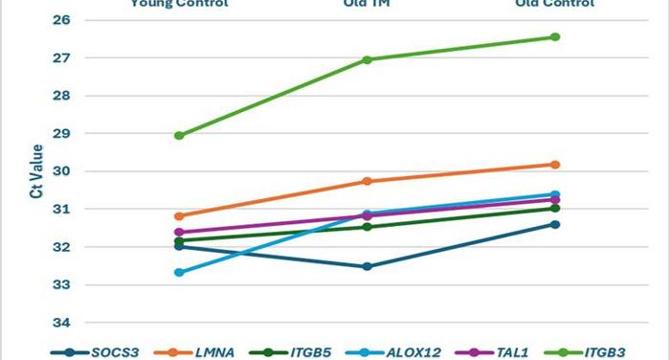Bioengineer
1M
242

Image Credit: Bioengineer
Extended Practice of Transcendental Meditation Linked to Reduced Stress and Slower Aging
- Research involving Maharishi International University, the University of Siegen, and the Uniformed Services University of the Health Sciences highlights the benefits of long-term Transcendental Meditation on stress reduction and aging.
- The study compared gene expression, cognitive function measured by EEG, and hormonal analysis between long-term TM practitioners and non-meditators.
- TM practitioners showed reduced levels of the inflammation-associated gene SOCS3, which may indicate lower stress and healthier aging.
- Older TM practitioners exhibited cognitive processing speeds similar to younger individuals, challenging expectations of age-related cognitive decline.
- Participants practicing TM had lower cortisol to cortisone ratios, suggesting increased resilience to stress and potential for better stress management.
- The research emphasizes the holistic benefits of long-term TM practice on both physical health and cognitive performance, supporting previous studies on meditation's health benefits.
- Future studies aim to explore how meditation impacts energy metabolism and inflammation pathways, offering possibilities for refining stress and aging management approaches.
- The findings suggest widespread adoption of meditation practices like TM could positively influence public health by enhancing resilience and combating modern stressors.
- As evidence grows regarding the benefits of meditation, integrating these practices into healthcare programs may become more prevalent for promoting overall well-being.
- This study contributes to a deeper understanding of how meditation practices, specifically TM, can have profound effects on both biological health and psychological well-being.
Read Full Article
14 Likes
For uninterrupted reading, download the app